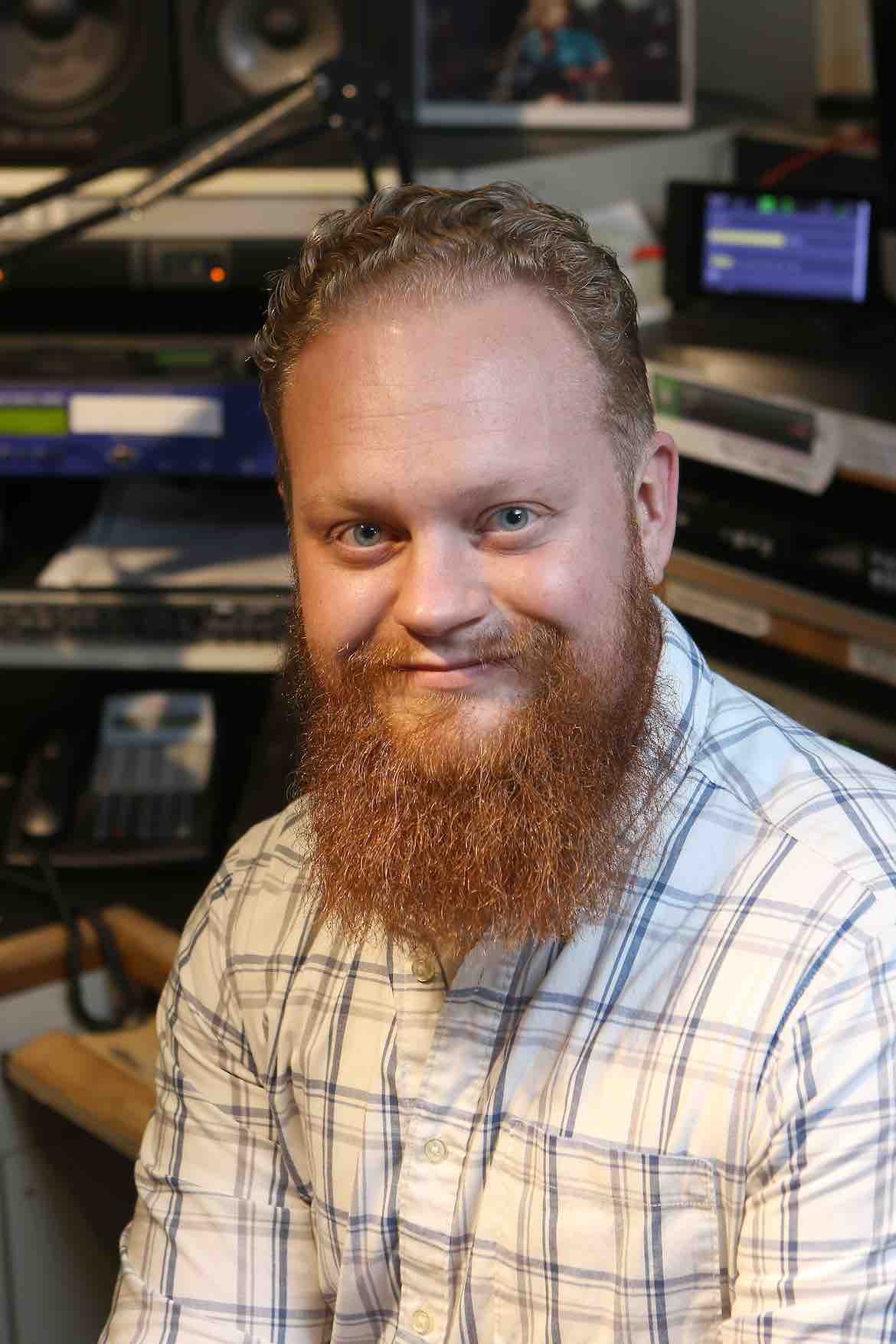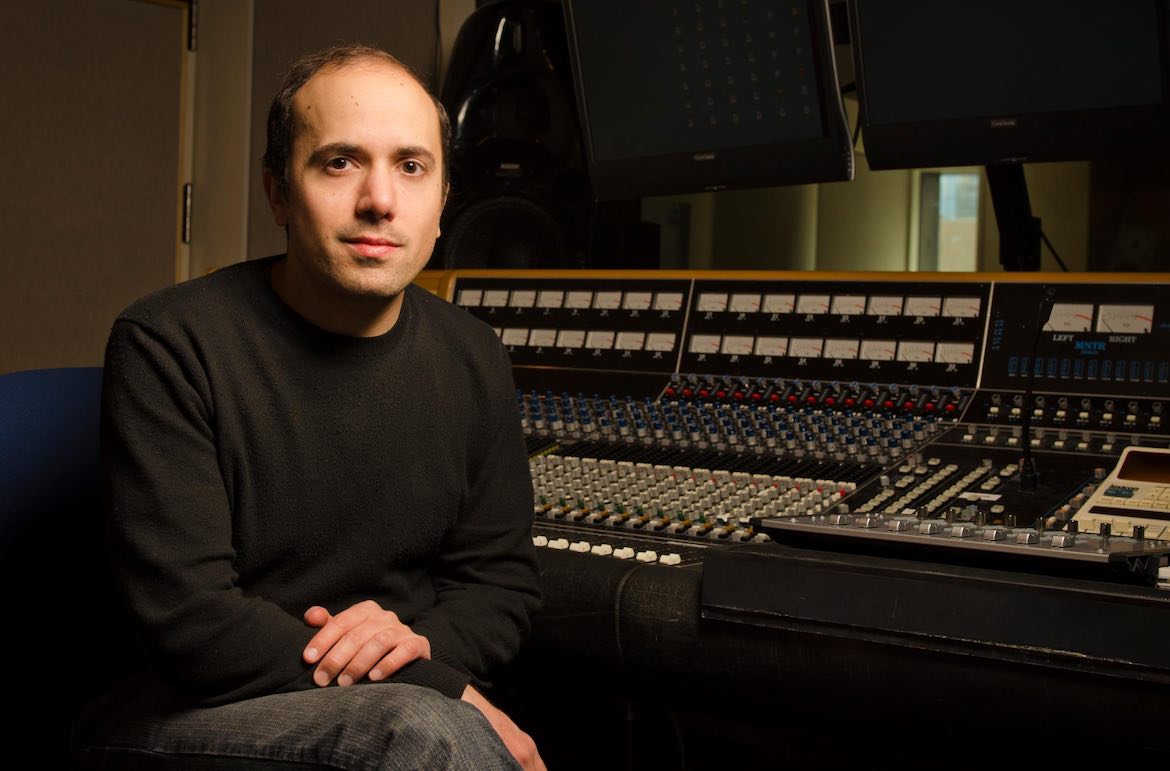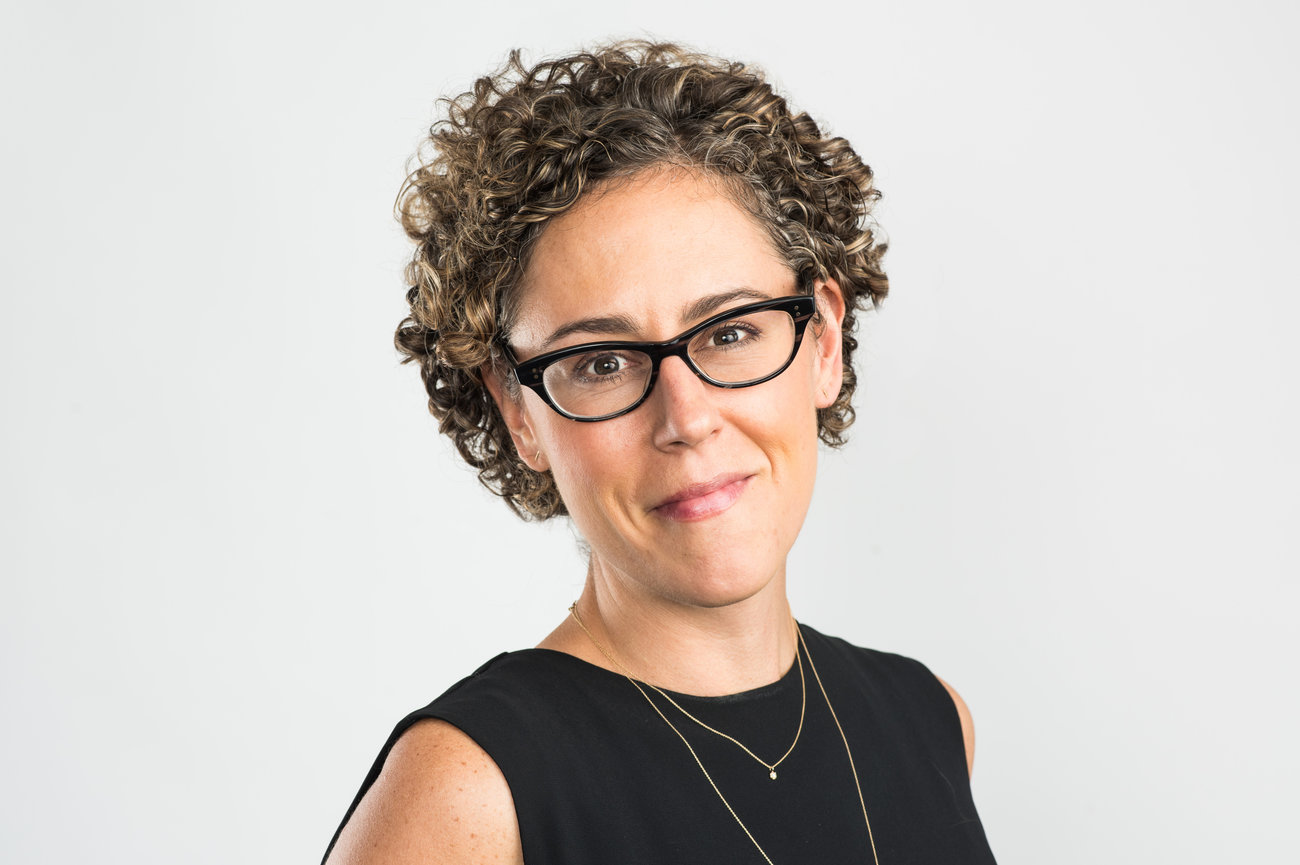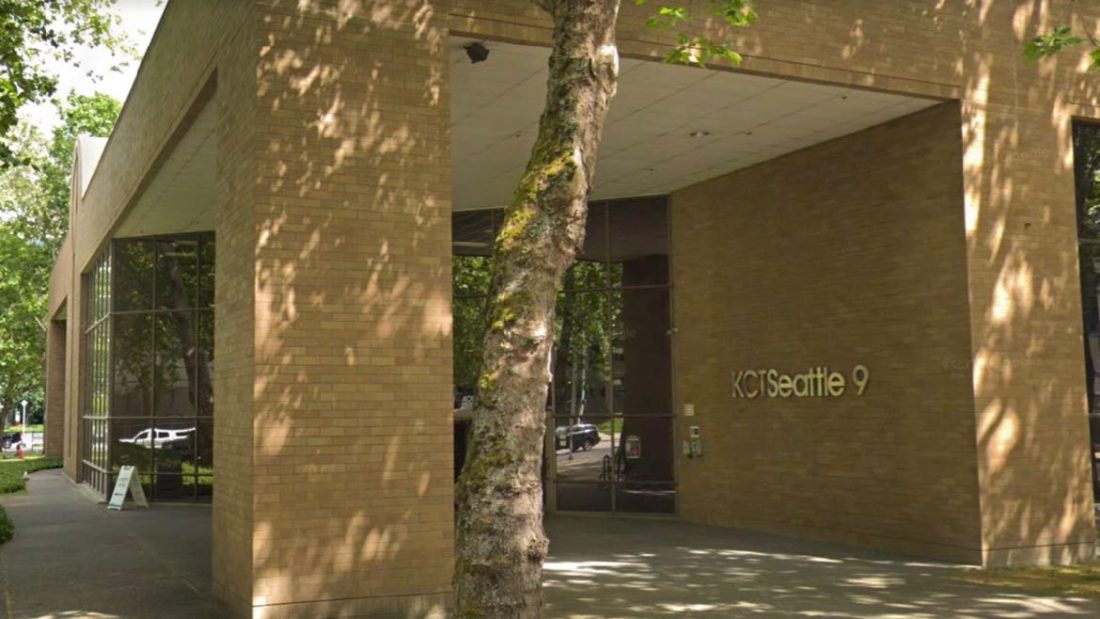Author: Mike Janssen
Mike has held the role of digital editor since 2014. Before becoming editor, he covered public radio and digital initiatives in public media for Current. Mike has also written for a variety of publications as a freelancer, was a Public Media Corps fellow, and has hosted talk and music shows on community radio stations in the Washington, D.C., area. In his spare time, he enjoys spending time with his family, playing banjo, cooking, and making coffee and cocktails.
Comings and goings: PBS promotes Simensky, newsroom expands in Hawaii …
Simensky is now Head of PBS Kids content, a new position.By Mike JanssenSeptember 11, 2019Kyle Cunningham takes top job at Colorado’s KRCC
Cunningham has held the position on an interim basis since January.By Mike JanssenSeptember 6, 2019Comings and goings: The Current names first managing director, NPR’s Schmitz heads to Berlin …
David Safar previously worked as head of music, artist and label relations for the Minnesota Public Radio station.By Mike Janssen and Braeden WaddellSeptember 4, 2019Fundraising leader and consultant Barbara Appleby dies at 57
Colleagues credit Appleby with promoting sustaining memberships and boosting many stations' listener support.By Mike JanssenAugust 27, 2019Comings and goings: NPR adds to news desks, NJ Spotlight co-founder departs …
Among other new staffers, NPR named Krishnadev Calamur deputy Washington editor.By Mike Janssen and Braeden WaddellAugust 22, 2019Comings and goings: Gerdeman leaves PBS, WGBH awards fellowships …
Gerdeman is starting a consulting service after more than five years at PBS.By Mike JanssenAugust 6, 2019Comings and goings: Denny exits in Wisconsin, ‘NewsHour’ staffs Ariz. bureau …
Garry Denny has worked for Wisconsin Public Television for 33 years.By Mike JanssenAugust 1, 2019Virginia network announces rebranding
The Richmond-based Community Idea Stations are adopting a new network-wide name.By Mike JanssenJuly 30, 2019Michigan university gets go-ahead from FCC to build out educational broadband
Northern Michigan University will take its rural broadband service to the state's Lower Peninsula.By Mike JanssenJuly 26, 2019Comings and goings: Mendenhall signs off in Austin, ‘Frontline’ expands team …
Mendenhall has worked in radio for more than 40 years, 18 of them at KUT/KUTX.By Mike JanssenJuly 25, 2019Noel King, Ailsa Chang step up to full-time hosting duties on NPR newsmags
The hosts had been splitting their time between the news shows and NPR's "Planet Money."By Mike JanssenJuly 23, 2019Watch the ‘Local That Works’ keynote from PMDMC
Learn about creative local projects from three stations, then enter our contest.By Mike JanssenJuly 17, 2019Comings and goings: NPR boosts Danzico to design VP, Buffalo station names new execs …
Danzico joined NPR as creative director in 2013.By Mike JanssenJuly 16, 2019In EBS vote, FCC denies special treatment for public broadcasters
The FCC plans to auction off Educational Broadband Service spectrum and give commercial buyers an equal shot at snapping it up.By Mike JanssenJuly 15, 2019Employees at Seattle’s Cascade Public Media seek union representation
Management has told the employees that it will not voluntarily recognize the union.By Tyler Falk and Mike JanssenJuly 9, 2019











